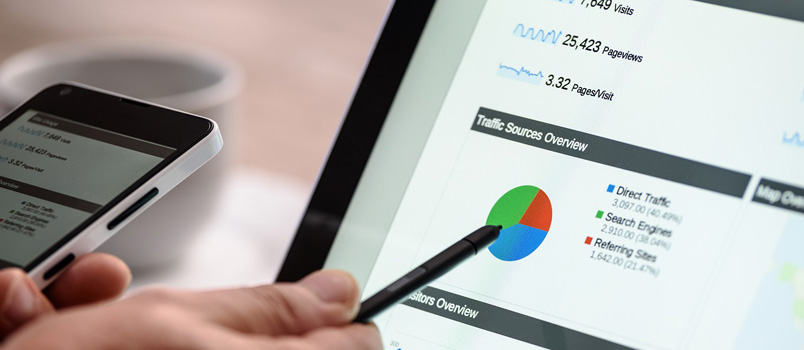For some businesses, it can be game over. For others, it’s still going to be a massive mark on their bottom line. Regardless of the group you fall into, it’s safe to say that falling out of Google’s organic results is a recipe for disaster. In some cases, it can easily result in the end of a business.
Fortunately, all is not lost. While there are umpteen different reasons why a website might be excluded from search results, many of them are easy to rectify. We asked the team at Assertive Media for their views on the most common reasons and through the course of this guide we’ll investigate the main ones.
The manual penalty
Let’s start with the very worst case scenario. If your site has been hit by a manual penalty, it means that it has been hand-picked to be excluded from Google’s index. Most of the time this is because it has a lot of bad links pointing to it, although there have been recent cases of a site being hacked and therefore being manually penalized.
If this is the case, you’ll be notified through Google Search Console. Find out the reason why and act accordingly. If it’s links, you know you have a big clean-up on your hands and you’ll probably have to spend a fair few hours putting together your disavow file.
The dreaded noindex tag
If this is the problem, you’re in luck. In short, adding a meta noindex tag to your page is an instruction which tells Google to not include it in its index.
There have been countless occasions of sites mistakenly adding this tag, and therefore being removed from search results. Fortunately, if you fall into this group, you simply have to remove the tag and wait for Google to recrawl the page. Chances are, everything will be back to normal after a few days.
Incorrect use of the canonical tag
Another reason for the problem can be the incorrect use of the canonical tag. The canonical tag can be tricky for some people to understand at the best of times, but to coin a simple description it’s the tag which dictates which is the primary version of a page.
Clearly, if the wrong page is specified in this tag, it can signal all types of problems. It can result in the wrong page being served for a query; and that page can fall down the rankings if it’s not related to said query.
Again, it’s easy to rectify; point the canonical tag to the correct page.
The server is down
In truth, Google will have some patience with this. However, if your site has been down for a prolonged period of time, there’s every chance that its rankings will be affected as well. It can drop out of the index, particularly if Googlebot is constantly being returned with a 404 error.
The solution? Make sure your server is up to scratch.





